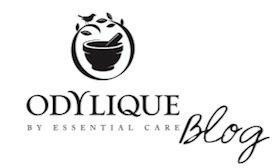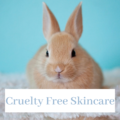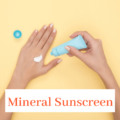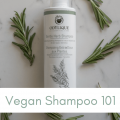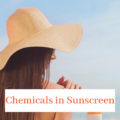Our founder and organic skincare expert Abi Weeds shares her views on hot topics in the natural and organic beauty, wellness and skincare spaces.
This month, she reviews the updates to China’s animal testing policy, whether they go far enough and how it could impact your buying decisions.
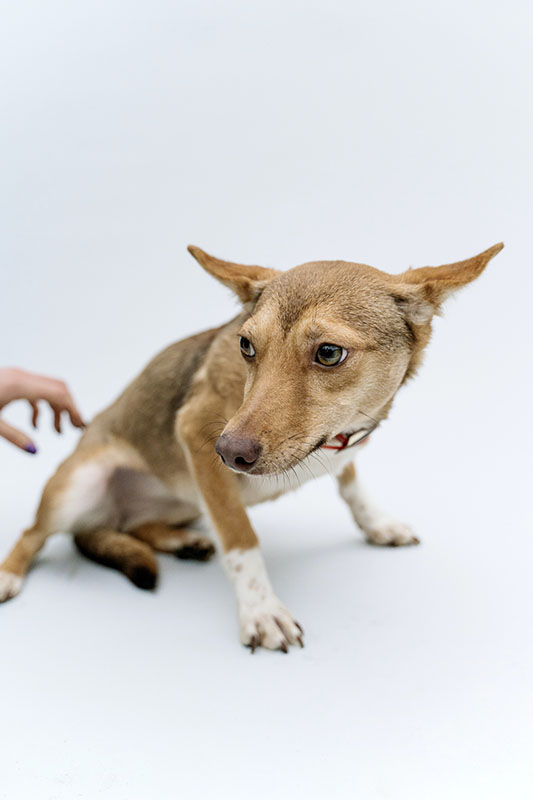
For the last three decades, consumers and brands alike have known that for an international beauty brand to be approved to trade in China, unless it was for cross border E-Commerce purposes, animal testing had to take place.
This meant that if any brand was available to buy in an actual store in China, it could NOT ethically or honestly claim to be cruelty-free, as testing will have likely taken place.
Consumers were at best confused and at worst, actively mis-led by even very large brands claiming to avoid animal testing in the West. These same brands were then carrying it out in China to take advantage of the lucrative Asian beauty markets.
In 2019 it was announced that the Chinese State Council was undertaking a major review. The Supervision and Administration Regulation (CSAR) came into effect on 1 January 2021, with follow ups on 4 March 2021. Subsequently, the National Medical Products Administration (NMPA) in China released the Administrative Measures on Cosmetic Registration and Notification.
From May 2021, these new measures changed the rules to remove mandatory animal testing requirements for imported ‘general’ cosmetics, with a promise to continue to review over the next few years.
‘General’ or ‘regular’ cosmetics such as shampoo, body wash, lotions and make-up comprise a huge portion of the market, so this is undoubtedly a huge leap forwards in ending unnecessary cruelty to animals.
China has said it is looking to a totally ‘animal testing free’ future, which looks to offer wonderful potential for a cruelty free China.
It all sounds great, but in reality, it is still a long way off for a number of products and the replacement laws are resulting in enormous hoops and bureaucracy for brands to jump through.
What’s good about this new legislation?
A new certification system has been launched; the Good Manufacturing Practice (GMP) certificate or Quality Management System (QMS) certificate. This offers proof that manufacturers have passed Good Manufacturing Practice in their home country.
In Western countries, we can have these signed off by third parties, but for China, a government body must do the signature which is hugely labour intensive. Once it’s done, ‘general’ or ‘regular’ cosmetics can mostly then avoid animal testing.
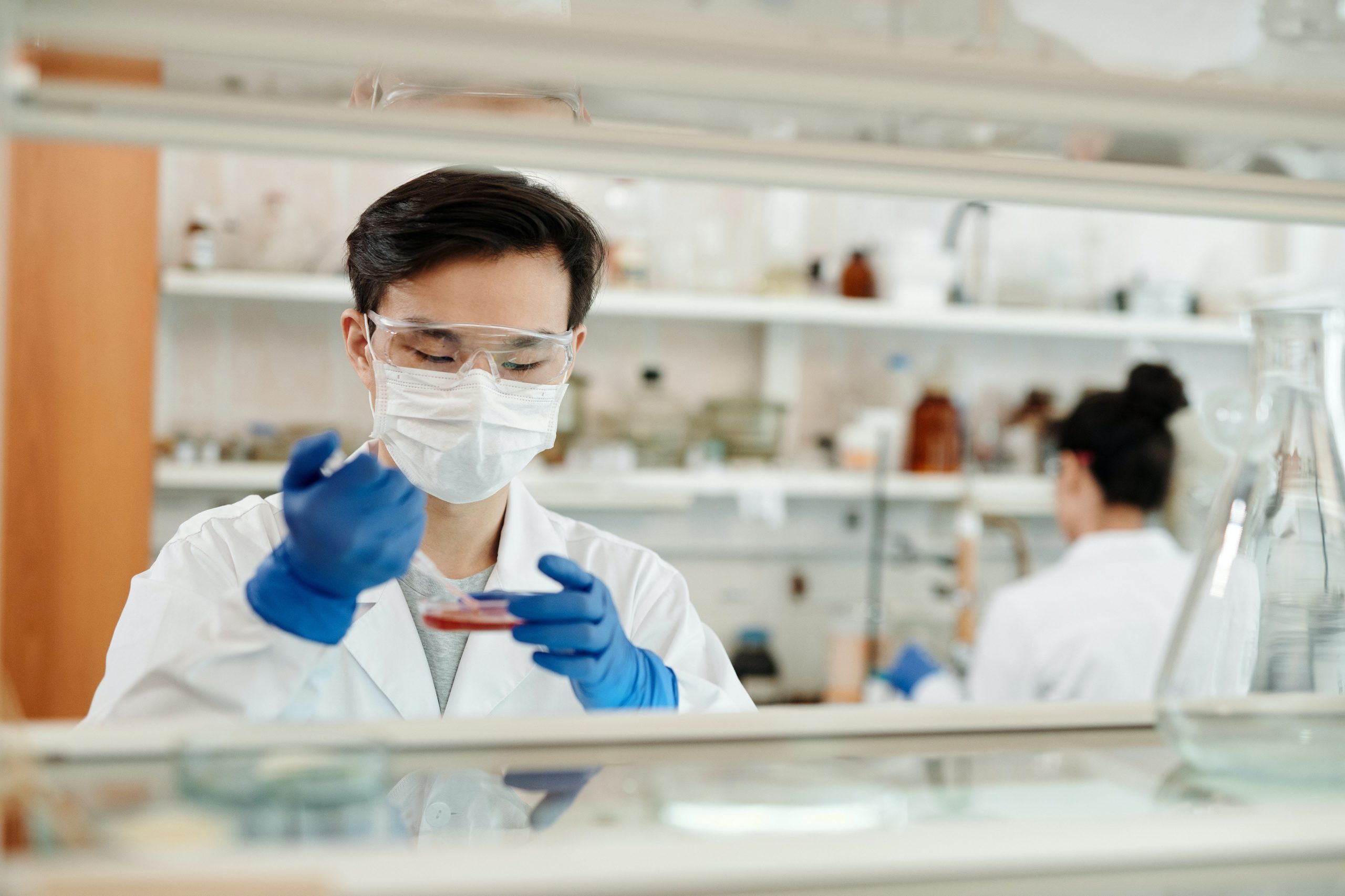
In lots of ways, this makes total sense. The Chinese State Authorities are no keener than any other country to expose consumers to untested, potentially toxic beauty products that cause harm and damage. It shouldn’t necessarily be easy to sell beauty products without stringent checks.
It also means that ‘marketing’ claims and promises, like anti-ageing or radical skin changes must be backed up with independent scientific evidence, preventing ‘snake oil’ salesmen from manipulating the buying consumers with false efficacy claims. Again, so far, so reasonable.
That means by 2023 up to €2.5 billion worth of skincare and beauty products MUST be tested on animals, which is by no means a small amount.
No reputable brand wants to harm consumers or lie to them. It’s a good thing that this is very difficult to do to a massive consumer audience.
What isn’t so good about it?
What falls under the category of ‘special’ cosmetics is where I still have significant concerns about animal testing in China.
Special cosmetics in this instance means skin-lightening products, sunscreen, hair dye, perming agents and most concerning to me, products that are meant for use by children.
According to a Mintel report, the Chinese baby health & beauty and skincare market is expected to post an average annual growth rate of 14.5% until 2023, reaching a value of €2.5 billion (CHY18.88 billion), compared to €1.27 billion in 2018.
That means by 2023 up to €2.5 billion worth of skincare and beauty products MUST be tested on animals, which is by no means a small amount. The natural beauty and skincare industry in the West is worth an estimated €4 – 6 billion per year, so this portion of the Chinese market is equivalent to almost half of the whole industry in the West.
The Chinese sunscreen market equals around €113 million, so again, huge sums spent on products that need to be animal tested.
My concern is that, if a Western brand sells either of these products into China, even if it doesn’t test its General products, it simply isn’t ethical to claim cruelty-free status across the whole line, as part will still require animal testing, leaving consumers open to more confusion.
The fact that China is making steps to improve its testing is a great start, but consumers should be fully aware of the limits of the new legislation, and I look forwards to the two alternatives to animal testing set to roll out in the future, which will hopefully signal an end to the issue once and for all.
Sources:
The Chinese Sunscreen Market: https://cosmeticschinaagency.com/the-chinese-sunscreen-market-in-2020/
The Chinese Baby Health Beauty Market set to Boom: https://ww.fashionnetwork.com/news/Baby-health-beauty-market-in-china-set-to-boom,1077129.html
A guide to New Animal Testing and Cosmetics Laws China: https://www.cbbc.org/news-insights/guide-new-animal-testing-and-cosmetics-laws-china
China ends Mandatory Skincare Testing: https://www.veganfoodandliving.com/news/china-ends-mandatory-animal-testing/
Natural Remedies for Eczema – 5 Simple Tips

As an eczema family, we’re all too familiar with the…
